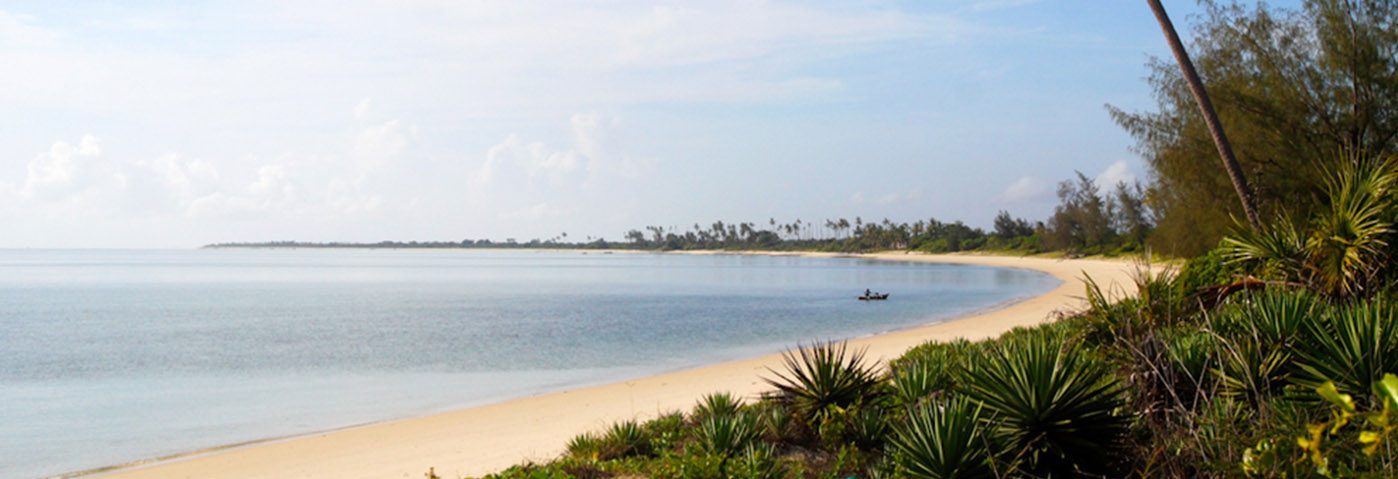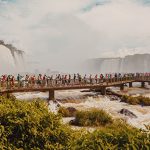I wanted to write about May Day. I wanted to write about working less and remaking our connection to the earth. I really didn’t want to write about climate change. I wanted to give everyone – myself included – a rest.
But events have made that impossible. I wrote my first article about climate change in 2001. I’ve probably written something about this issue every single month since then. Even so, this last week was different to all that went before.
It was different because on Monday, the travel company Responsible Travel made a bold statement, releasing the first chapter of Fork in the Road, its manifesto for a new more sustainable tourism. Its first chapter focused – as Harold mentioned in his blog last week – on aviation and climate change. On Tuesday I thought I’d also write a blog in response.
But then came Wednesday, and it was doubly different. First the UK’s high court “rejected legal challenges from environmental campaigners opposed to the building of a third runway”. And then a few hours later, the UK parliament voted to declare a Climate Emergency, making it the first national parliament to do so. So I thought I’d write a blog about how I believe our sector should do the same, and state that Tourism Declares a Climate Emergency.
Why? Over 200 individuals and organisations representing the UK arts sector have done just this, with Culture Declares a Climate Emergency. Members of the medical profession have followed suit, with Australian Doctors also declaring a Climate Emergency. The ‘Godfather of Sustainability’ and creator of the Triple Bottom Line concept John Elkington wrote an open letter to the Times calling on Business Leaders to do so. Meanwhile, local councils all across the world have been declaring emergencies for months.
What are local councils other than Destination Management Organisations who focus on what locals need? What would it mean for our sector to show them our support? Or for hotels and travel companies to acknowledge the existential threat we face? I would have written about this.
But then Thursday came, and it was different again, as the UK’s Climate Change Commission told the country’s government to adopt the world’s most ambitious national climate target in order to fully decarbonise as a nation by 2050. So I thought I should write about this, and explore what such a target would mean for our industry, and the 10% of the world whose employment is affected by us in some way. How would committing to decarbonise transform tourism?
I could have written an article about any one of these.
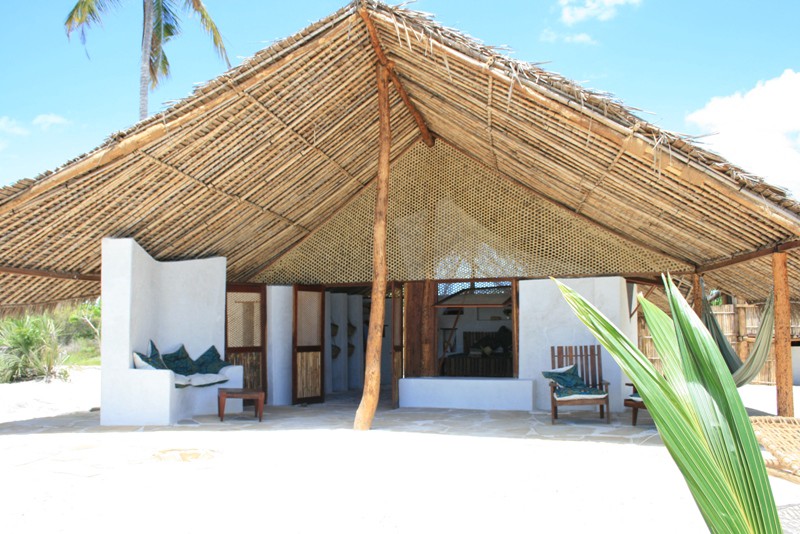
But then, on Thursday night I read the heartbreaking story from Mozambique of the destruction by Cyclone Kenneth of Guludo ecolodge, and all the villages around it.
I visited Guludo back in 2008, while writing a travel book on the best in responsible tourism. The following year, Guludo won the World Responsible Tourism Award at WTM for ‘Best in Poverty Reduction’.
I can still clearly remember all my experiences in this beautiful place – walking around the local villages; buying a bag from the woman who had weaved it while sitting on the floor outside her hut; diving on the coral reefs that fringe the beach; and in particular my conversations with the lodge’s founder Amy Carter-James. These moments and those conversations played a large part in inspiring me to work ever since for a truly sustainable tourism industry. Guludo never left me.
As Amy writes at the beginning of her account: “Guludo Beach Lodge (along with our charity, Nema) had won every global responsible tourism award of note and the model is lifting over 36,000 people living in one of the poorest areas of Africa out of poverty. New schools bursting with kids with full bellies from a school meals program, scholars we’ve supported through their educational journey are now teachers and nurses, clean water flows from countless water points we’ve help rehabilitate or install, trail-bike ambulances service the area and we were about to embark on our biggest project yet; the construction of a hospital.”
All that was destroyed in a few short minutes.
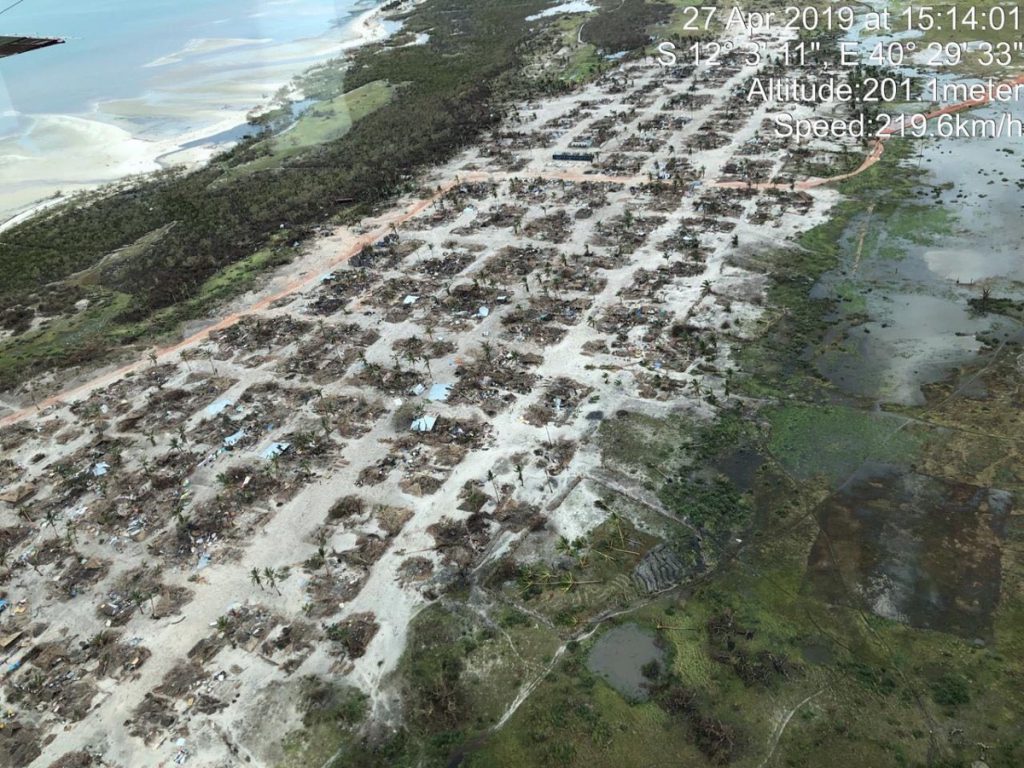
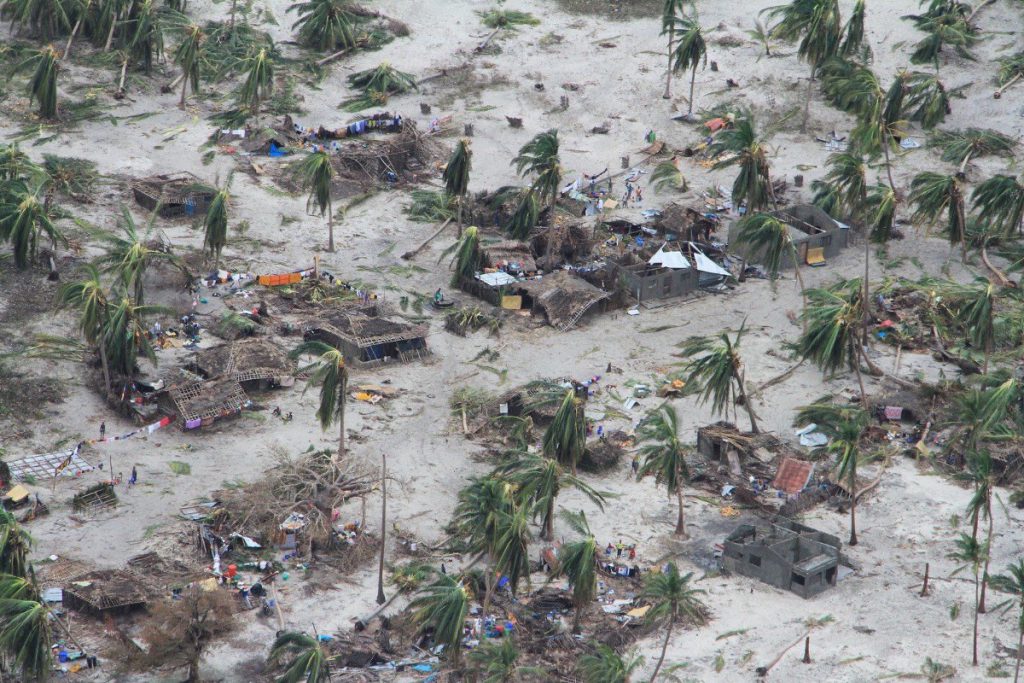
As I said at the beginning, I’ve been trying to get across the severity of climate change in my writing for nearly 20 years. Thousands of words, hundreds of places, countless statistics.
All distilled to this. To understand the threat of climate change to our industry, to the hotels we operate, to the staff we employ, to the communities we support and rely on, simply read Amy’s short account of a few minutes on one remote beach.
Please. Pause now. Take five minutes, click this link and read it.
We have to stop seeing this issue as a nuanced discussion over how we reach net zero emissions by 2050 or 2030 or 2025. Over what percentage of emissions are our responsibility. Over whether we can cope with reaching 1.5 degrees C.
The Emergency is now. Solving it will take the rest of our lives.
WHAT CAN YOU DO TODAY:
DONATE TO HELP THE COMMUNITIES AROUND GULUDO: All money donated to the Nema Foundation will enable them to do as much as possible on the ground now and for the long term recovery. Thanks to the support of the clothes shop JoJo Maman Bébé covering all admin, every penny will go directly to helping the local communities, so please be as generous as you can.
Postscript: I wrote this article on Thursday last week. On Friday morning, Cyclone Fani hit the eastern coast of India. And by the time I filed it on Tuesday morning, the UN had published its 1,800 page global assessment report into the state of the world’s biodiversity, compiled from over 15,000 academic studies and reports from indigenous communities. It covers ever species and habitat that tourism relies upon (and could be instrumental in protecting). “We tried to document how far in trouble we are to focus people’s minds, but also to say it is not too late if we put a huge amount into transformational behavioural change,” David Obura, one of the main authors on the report told The Guardian. “This is fundamental to humanity. We are not just talking about nice species out there; this is our life-support system.”

